The Real Effects of Aging on Your Intimate Life
Aging brings plenty of surprises, and not all of them are bad. Intimate life can remain active, exciting, and deeply satisfying as the years go by, but bodies and routines do shift. Here are fifteen clear, research‑backed ways intimacy evolves over time, presented with a relaxed look at what really happens.
Energy Peaks Can Dip Over Time
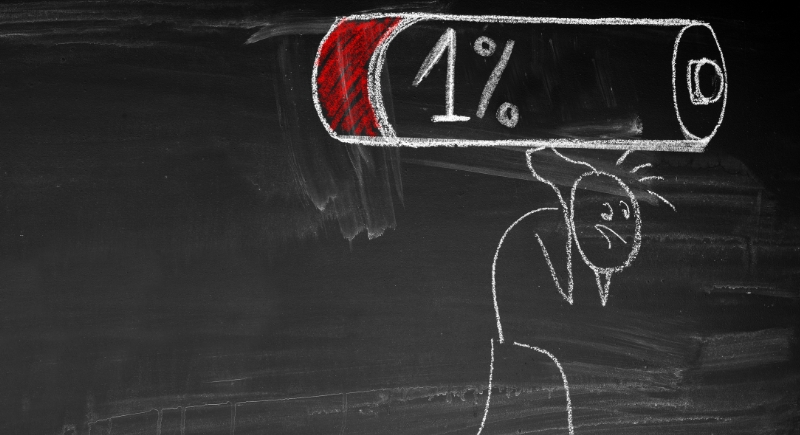
Credit: Getty Images
In younger decades, stamina often feels endless, but hormone levels naturally decline with age. Experts note that testosterone levels in men drop about one to two percent per year after the mid‑30s. This doesn’t end desire, but it can make late‑night plans feel less appealing.
Recovery Times Grow Longer

Credit: Getty Images
Gone are the days of bouncing right back. In early adulthood, the time between moments of intimacy tends to be short. By the 50s and 60s, the body often needed more recovery time. Many couples use this as a reason to shift focus toward playful buildup.
Sensitivity Levels May Change
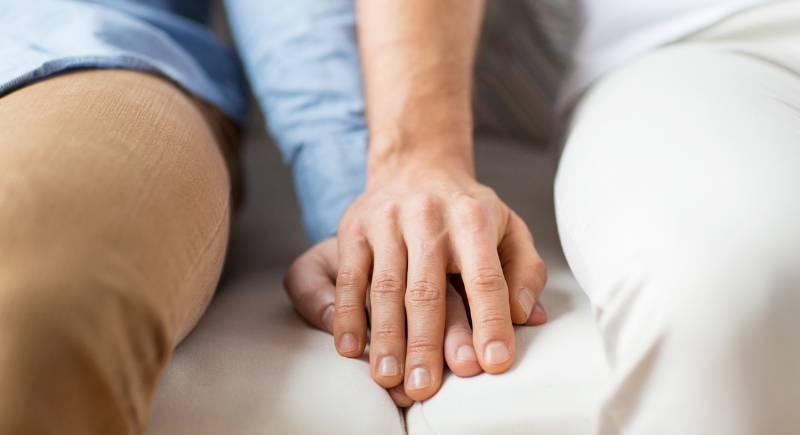
Credit: Canva
Couples who experiment often find they’re more creative—and more connected—than ever. Aging skin isn’t quite as reactive. Sensitivity can fade, especially in more responsive areas, but it’s not game over. Trying new textures or different kinds of touch can bring sensations back into focus.
Medications Can Play a Role
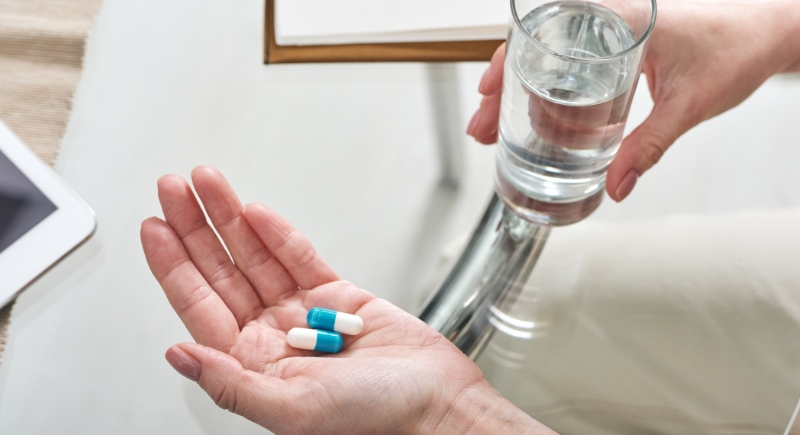
Credit: Getty Images
Many common prescriptions, including those for high blood pressure or anxiety, may reduce responsiveness. Doctors recommend checking for these side effects if intimacy feels different. A conversation with a healthcare provider can lead to adjusted doses or alternative treatments.
Desire Can Feel Less Spontaneous

Credit: Canva
Younger bodies often react quickly to attraction, while aging brings a slower buildup. Researchers link this to hormone fluctuations and stress levels that rise with adulting responsibilities. Rather than seeing it as a setback, many couples turn this into an opportunity to schedule quality time.
Circulation Affects Responsiveness

Credit: pexels
Reduced blood flow is a normal part of aging and can influence arousal. Specialists recommend regular exercise, which improves circulation and often enhances intimate experiences. Even brisk walks or light strength training can make a noticeable difference. Many people who make these lifestyle changes report renewed energy and responsiveness.
Anxiety Can Interfere
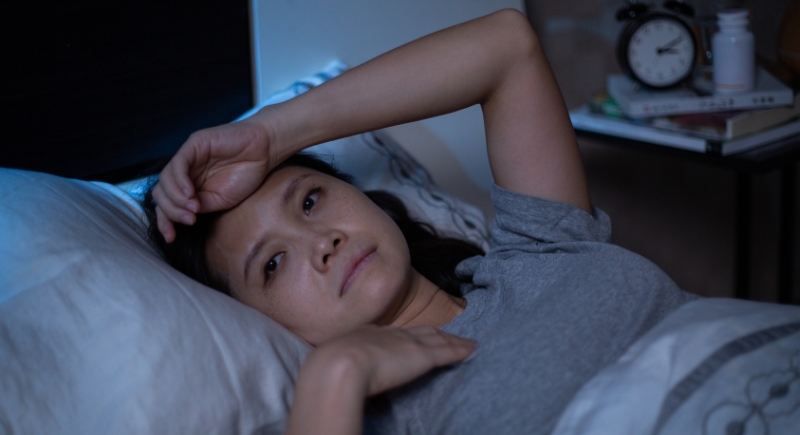
Credit: Getty Images
Performance anxiety isn’t just for newlyweds. Worrying about what’s changed—or what hasn’t—can spoil the moment before it starts. Mental health experts say deep breathing, humor, and honest chats can ease the pressure.
Listening to Your Body’s Signals
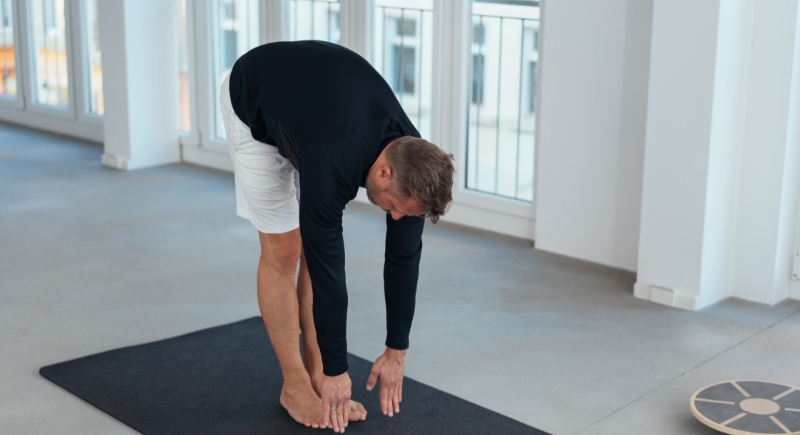
Credit: Getty Images
Aging bodies sometimes signal when it’s time to slow down or switch things up. Paying attention to comfort—whether it’s taking breaks, stretching, or simply shifting positions—helps both partners feel at ease. Small adjustments keep experiences enjoyable and can bring a new sense of connection.
Health Conditions Require Guidance
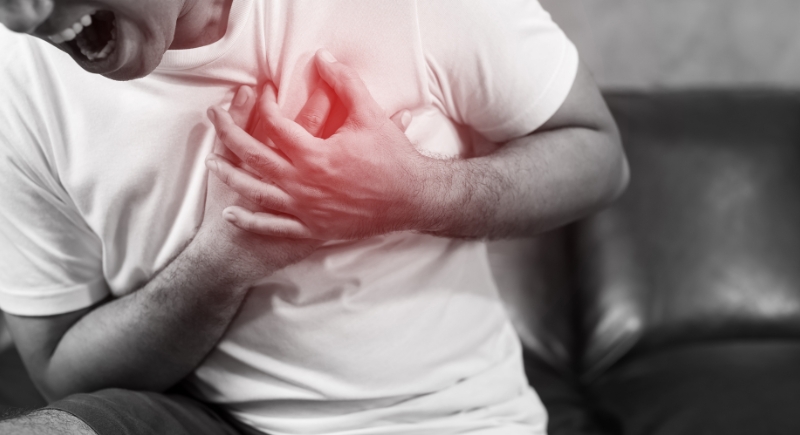
Credit: Canva
Many doctors recommend a short recovery period after a heart attack before resuming physical activity. For those with angina, some experts suggest specific medications before intimate activity. Following guidance keeps experiences safe and enjoyable. Knowing there’s a plan often relieves fear and also helps partners relax.
Familiar Routines Might Not Cut It
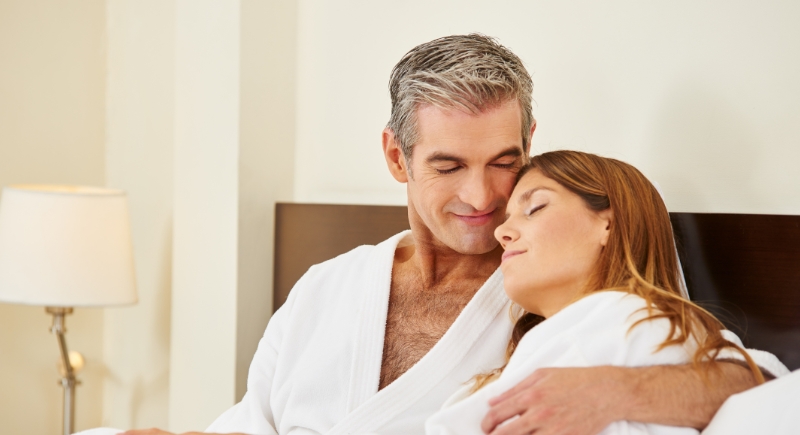
Credit: Canva
When familiar approaches feel different, couples often get inventive. Intimacy doesn’t have to follow one pattern; experts highlight that non‑penetrative touch or extended cuddling can provide just as much closeness. Many long‑term partners report that trying new activities rekindles excitement.
Mornings Might Surprise You
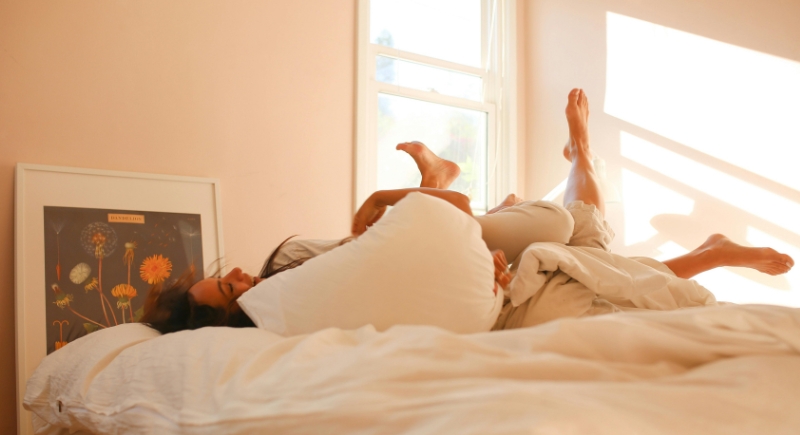
Credit: pexels
Many people discover they feel more awake and physically responsive earlier in the day. Hormonal patterns even show testosterone and cortisol peaks in the morning, which can make intimacy feel easier then. Couples who experiment with timing often find that early hours bring more enthusiasm.
Sleep Quality Affects Desire

Credit: pexels
Chronic sleep issues, which increase with age, often lower libido. Couples who address sleep hygiene—dimming lights earlier, limiting screens, or managing apnea—often report improvements in intimacy as well. Better sleep doesn’t just help the body recover; it fuels interest and stamina for private moments.
Laughter Shows Up More Often

Credit: Getty Images
As partners grow older together, many report a more playful, forgiving attitude toward intimacy mishaps. Academic research on long‑term couples shows that humor lowers anxiety and boosts oxytocin, the bonding hormone. A shared laugh over a slow start or a forgotten step can actually deepen the connection.
Mood Can Be Influenced By Diet

Credit: Getty Images
Nutritional studies link certain deficiencies, such as low zinc or iron, to reduced libido. People in their 50s and beyond work with doctors or dietitians to improve nutrition, which can in turn boost interest and energy. Simple changes like adding leafy greens or lean proteins often bring noticeable improvements.
Aging Sparks Interest In Nontraditional Settings

Credit: Getty Images
Changing the scenery can change the vibe. A cozy couch, a quiet backyard, or even a fresh set of sheets can bring new energy. Counselors often hear from older couples who feel more adventurous when they stop sticking to the same four walls. It turns out that a change of venue can be just what the doctor ordered.